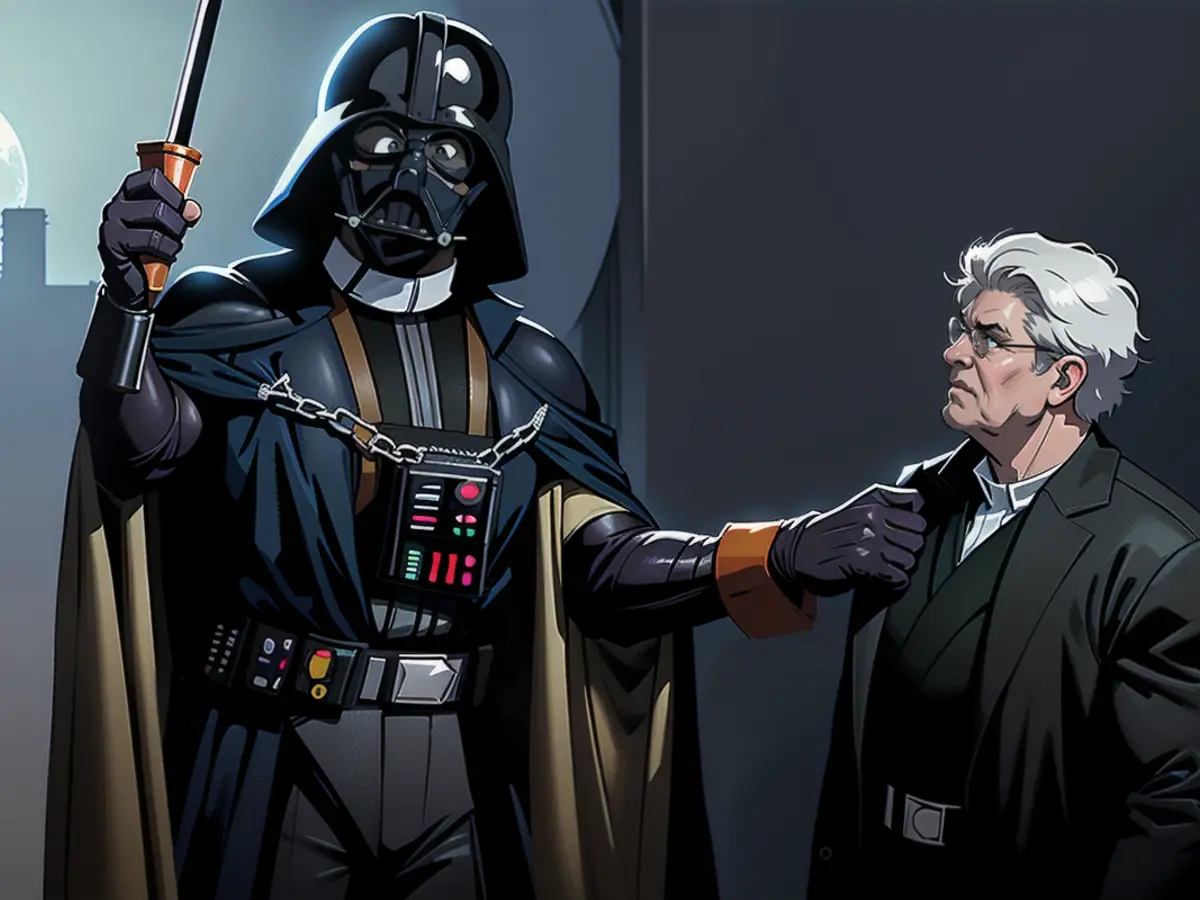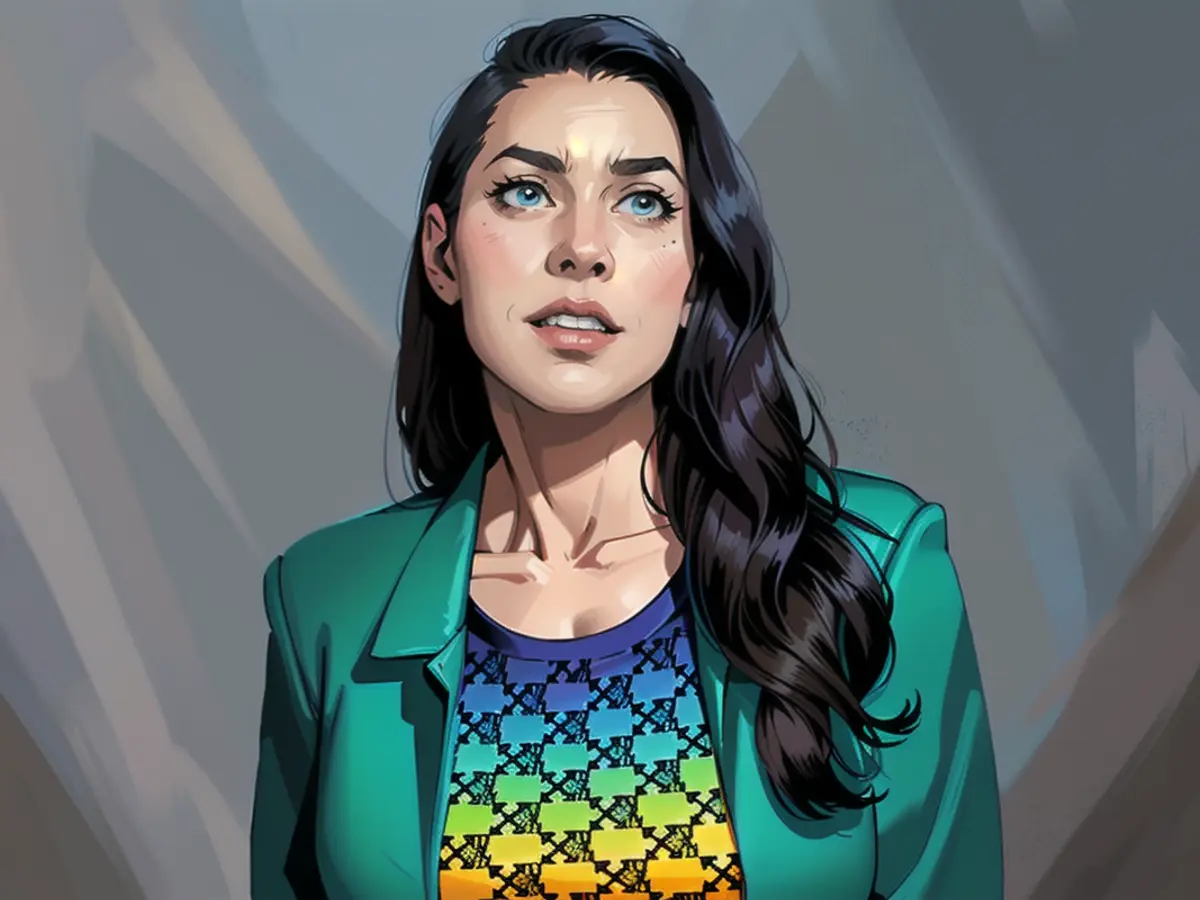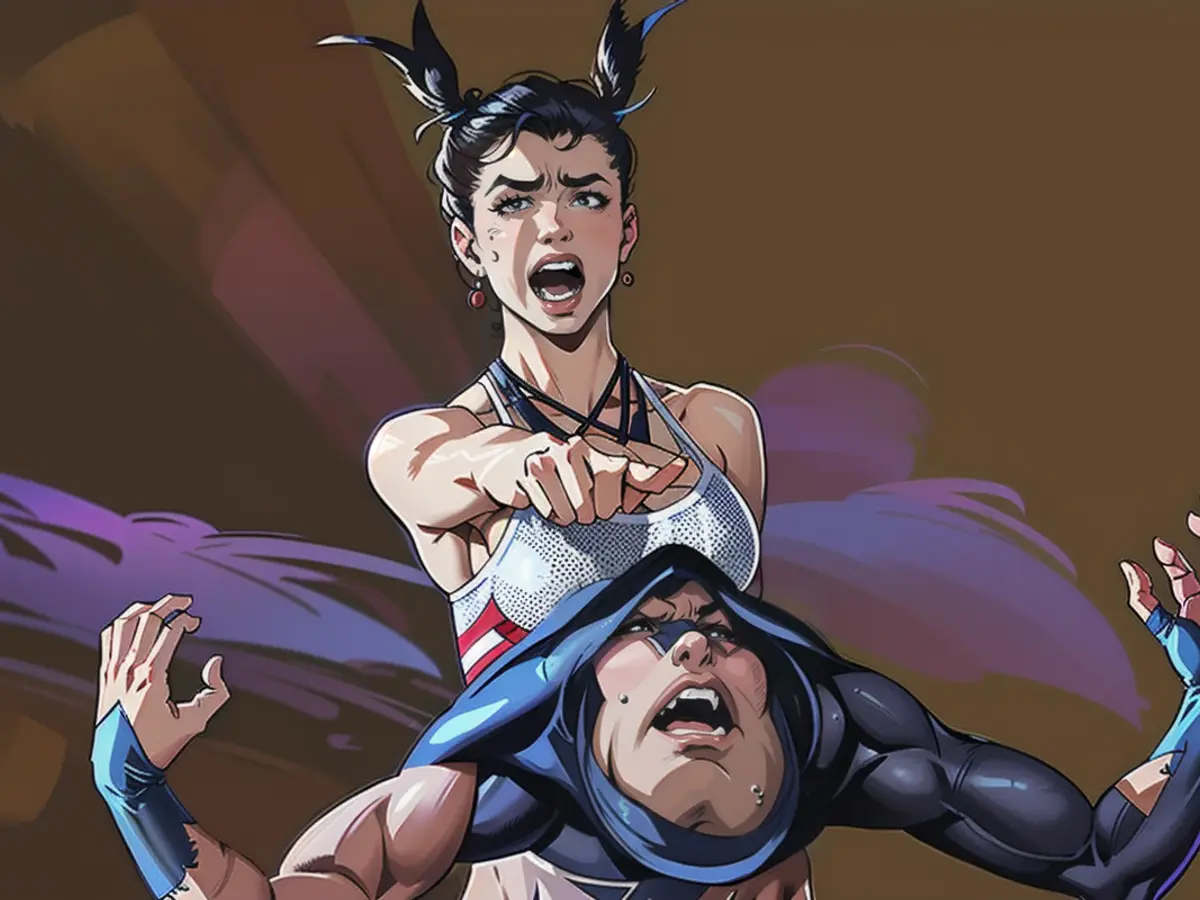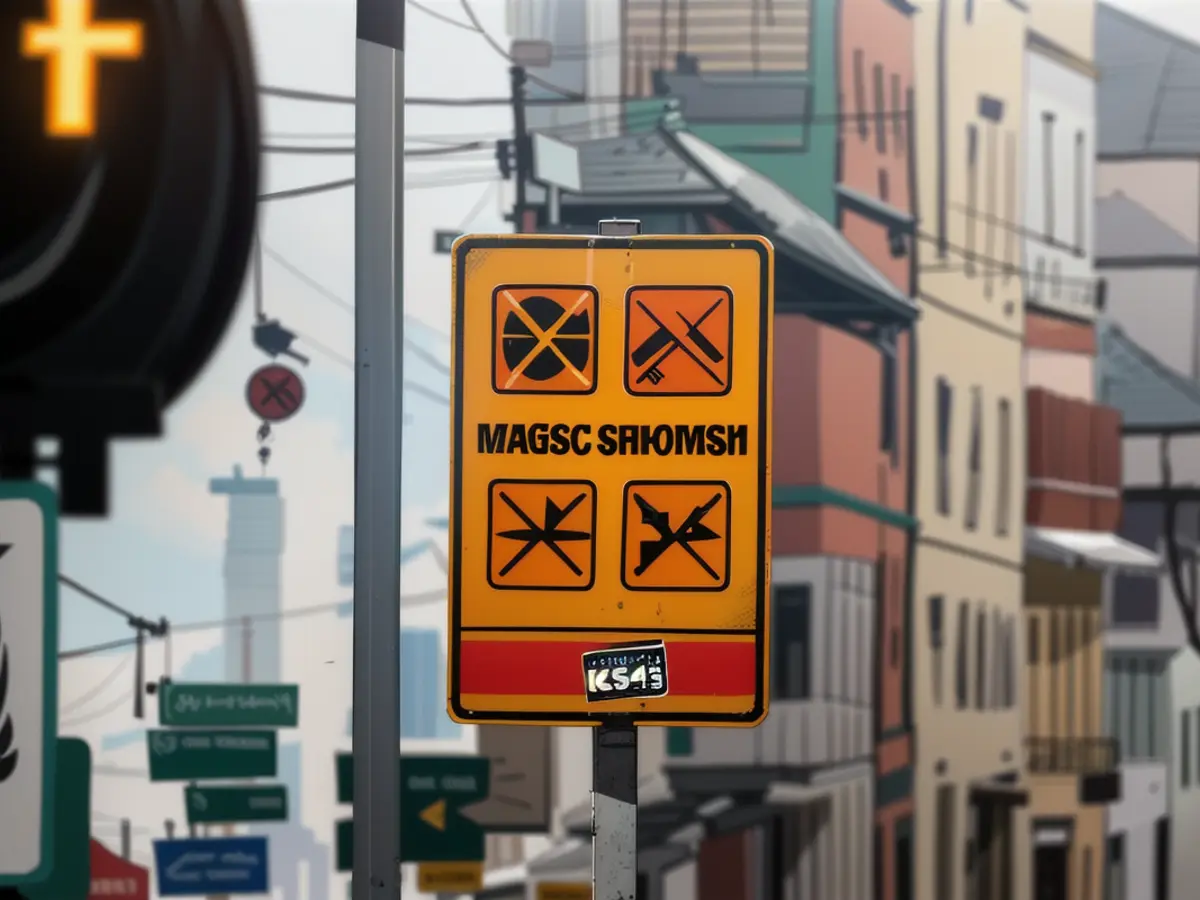Allow the power to continue guiding him as he turns 80.
George Lucas, a fundamental character in American film history, reached the milestone of 80 years old on May 14th. This creator of the "Star Wars" phenomenon, who almost turned into a race car driver, can be counted on a single hand when it comes to his directing accolades.
Hearing the name George Lucas, everyone instantly associates it with two words that changed the course of film history: "Star Wars". When the name "Star Wars" is mentioned, a sprawling movie, television series, and merchandise kingdom appear in our minds, with Lucas as the powerful figure in a plaid shirt at the helm. Even though he gave up his reign over Lucasfilm and all "Star Wars" rights to Disney in 2012, this impression appears to remain unchanged. Lucas, who turns 80 on May 14th, 2024, had considerable backing for the original trilogy - and also received considerable criticism when he returned to the "Star Wars" universe later, supposedly single-handedly.
He actually aspired to be a racing driver
If not for a fateful accident that befell George Lucas on June 12, 1962, "Star Wars" might never have been made. The 18-year-old at the time had dreams of becoming a race car driver and was passionate about working on cars. During a daring pass by a classmate, their cars collided.
Lucas was thrown from his vehicle in the violent crash and sustained several broken bones, fell into a coma briefly - and realized that a career in racing could cost him his life. However, he didn't need too much introspection to find his true path.
Film devotee with a passion for the stars
Around three years following this life-altering accident, Lucas had found his calling. His first student short film, "Look at Life", was released in 1965. His professors recognized Lucas' visually ambitious talent early on. The filmmaker lived out one of his other great passions in his first feature film: "THX 1138," featuring Robert Duvall.
In addition to English and history, Lucas had also studied astronomy and, as a massive sci-fi fan, had gazed at the stars for most of his life. Consequently, his directorial debut in 1971 was a (dystopian) sci-fi film dealing with the philosophical issue of free will.
Directing work is limited
What some film fans might not realize is that, despite being very active in Hollywood and still up to mischief in the dream factory, George Lucas hasn't left too bold a mark on Hollywood's history as a director. All told, he only directed six films and just two not in the "Star Wars" saga. Along with "THX 1138" (a seal of approval on sound for cinemas named after this movie), there's also "American Graffiti."
In many respects, the 1973 film marked a milestone in Lucas' directing career. On one hand, it was the only movie not in the sci-fi genre. On the other, it revisited his car accident ten years prior: in "American Graffiti," a young driver also ends up in a ditch and survives. While this scene closed a chapter of his past, the actor involved in the accident had a significant impact on his future. None other than Harrison Ford, a newcomer in his late 30s at the time, played a role in the story.
Turning the unthinkable into reality
The influence of "American Graffiti" on Lucas' future career cannot be overstated. He realized early on that "making films is an art; selling films is a business." His visual imagination and acumen as a businessman proved vital: Lucas became a multimillionaire in his twenties after securing a share of the profits from "American Graffiti."
He had set up his production company, Lucasfilm, in 1971, and its value grew rapidly due to the "American Graffiti" success. This success convinced 20th Century Studios that Lucas could bring to life an idea that seemed unworkable on paper: a blend of fairy tale and science fiction, depicting an epochal clash between good and evil on an unprecedented scale.
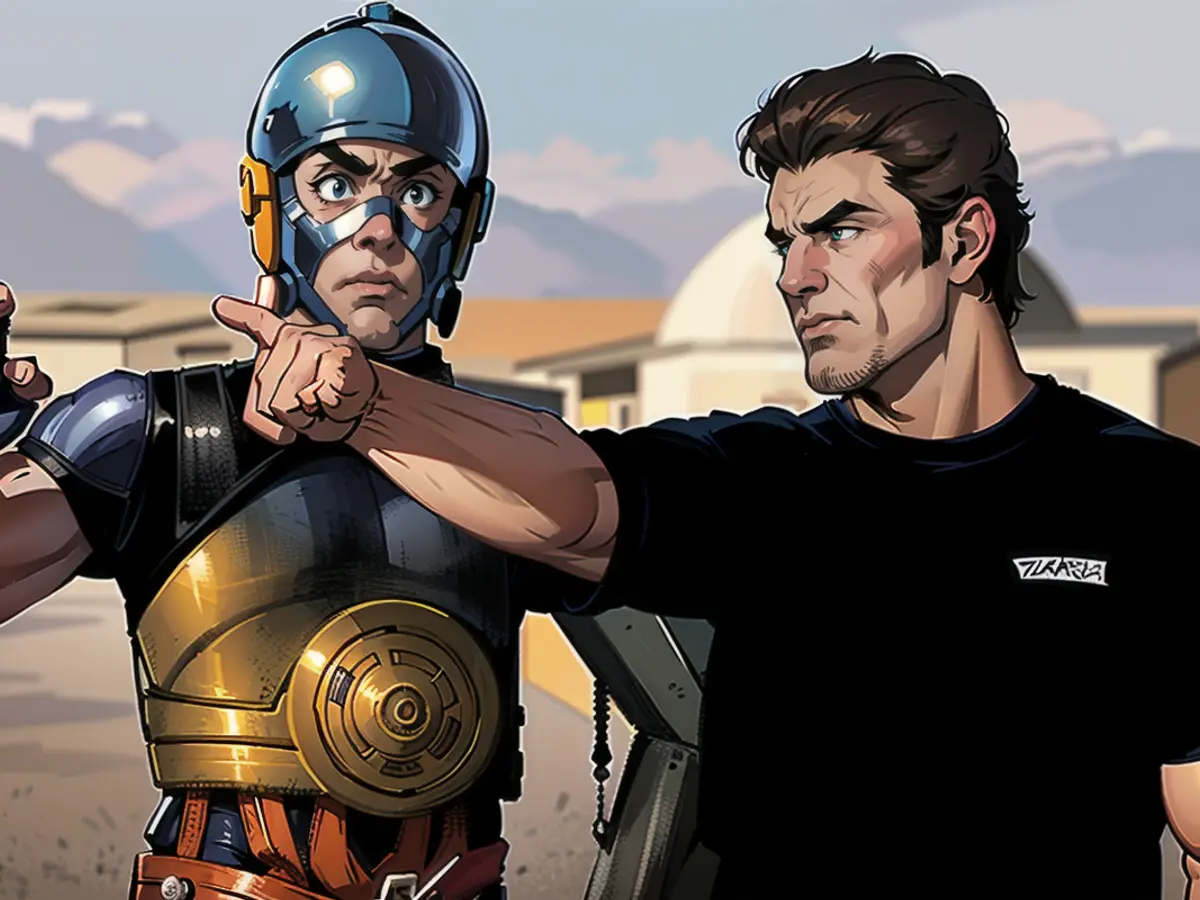
From underground sensation to mega blockbuster
The box office success of the first "Star Wars" installment released in US theaters in 1977 and in West Germany in 1978 as "Star Wars" was astounding. It grossed around $275 million, making it the most successful film of that time and ushering in the era of blockbusters along with "Jaws," which had debuted two years prior. And because the savvy businessman Lucas had earlier secured extensive merchandising rights for "Star Wars," his financial status went from astronomical to stratospheric.
George Lucas, the creator of the iconic "Star Wars" series, experienced success but also faced a challenging price for being the sole screenwriter and director of the films. For the 1980 sequel, "The Empire Strikes Back," Lucas stepped back, allowing Irvin Kershner to direct and Lawrence Kasdan and Leigh Brackett to pen the screenplay.
Likewise, when it came to the 1983 conclusion of the trilogy, known as "Return of the Jedi," Lucas stepped away, with Richard Marquand as director, Kasdan co-writing the screenplay, and Lucas taking a supporting role in the overall creation process.
One Cook Spoils the Pot?
The legendary impact of the "Star Wars" original trilogy is well-known. From a young age, kids can recognize a helpful droid with a golden cheek and an unforgettable serial number. The announcement that Lucas was working on a new "Star Wars" trilogy in the 1990s excited fans worldwide.
Surprisingly enough, Lucas' only other directorial work came in the form of the three prequel trilogy films: "Episode I: The Phantom Menace" (1999), "Episode II - Attack of the Clones" (2002), and "Episode III - Revenge of the Sith" (2005). Lucas was solely responsible for the screenplay of the second one, save for Jonathan Hales's contributions.
But the initial excitement from the "Star Wars" lovers faded quickly. They found "Episode I" terribly immature, felt the Force had lost its mystique, and were disappointed by the simplistic portrayal of the main character Anakin "Darth Vader" Skywalker. The critics didn't treat Lucas any better, awarding the script for "Episode II" with not one but two Golden Raspberry Awards. In short, not everyone was satisfied with the prequel series.
The reasons behind Lucas' decision to sell Lucasfilm to Disney in 2012 are not a matter of public record. Lucas attributed it to his age: "I was 69 in 2012. I had to consider whether I wanted to continue doing this for the rest of my life. Do I want to go through all of this again? In the end, I decided that instead, I'd rather focus on being a father and enjoying life."
A Dog Named Indiana
Since 2012, Lucas has been keeping a low profile, enjoying life away from movie-making for the most part. However, he reappeared in 2023 as an executive producer with "Indiana Jones and the Wheel of Fortune." Other than Spielberg, who directed the first four "Indiana Jones" movies, Lucas also conceived the idea for the adventurous archaeologist hero and contributed to all the scriptwriting. Lucas' love for dogs even inspired the name of Indiana Jones - he had a canine companion named Indiana.
Interestingly, May 14 is both Lucas' birthday and the starting date for the 77th Cannes Film Festival. During this edition, Lucas will be awarded a special honorary lifetime achievement award alongside the celebrated actor Meryl Streep. Hopefully, this recognition will draw Lucas out of his self-imposed seclusion.
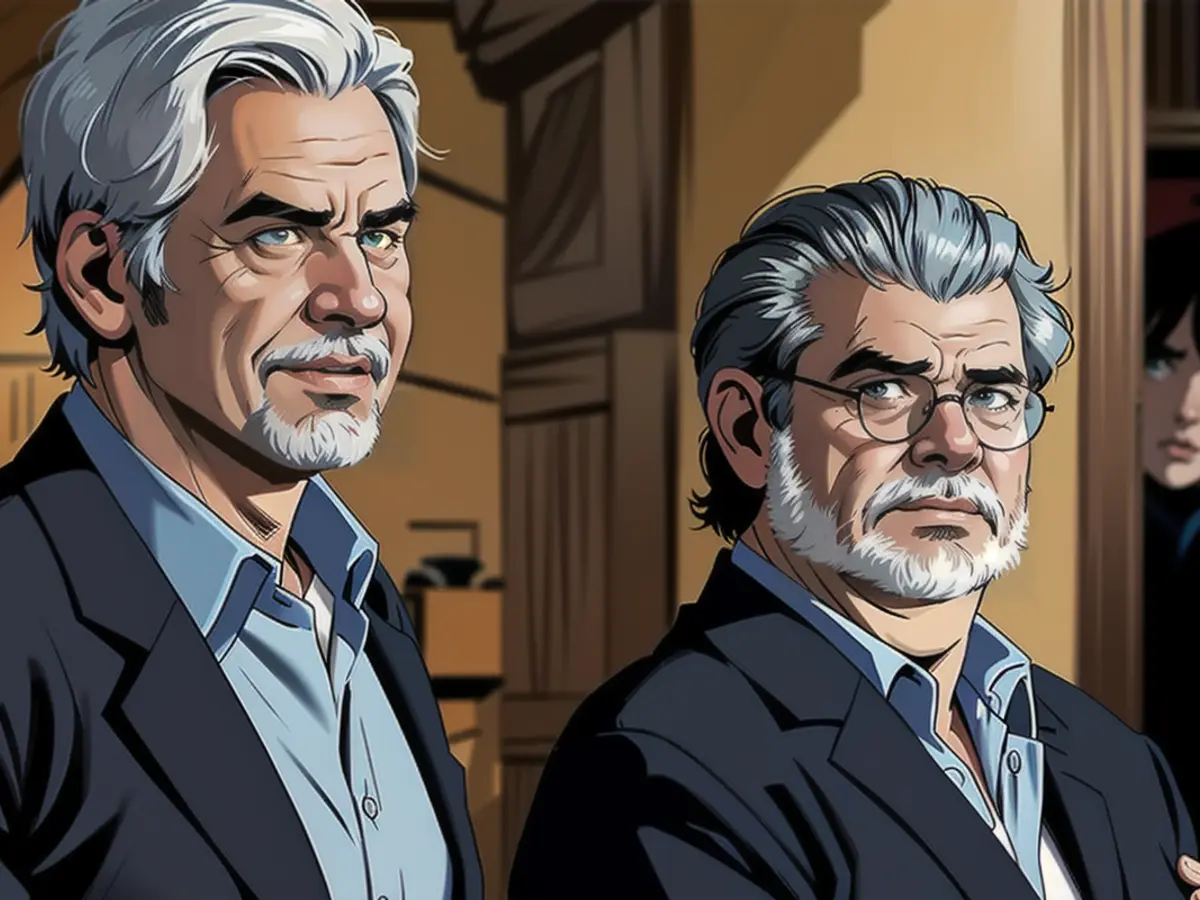
Read also:
- Lifestyle 2023 from "Breathless" to cinnamon buns
- Unanimous decision: faster wolf culls possible
- New Year's Eve fireworks: What applies in other countries?
- Ban on New Year's Eve fireworks: no bangs here
Source: www.ntv.de
